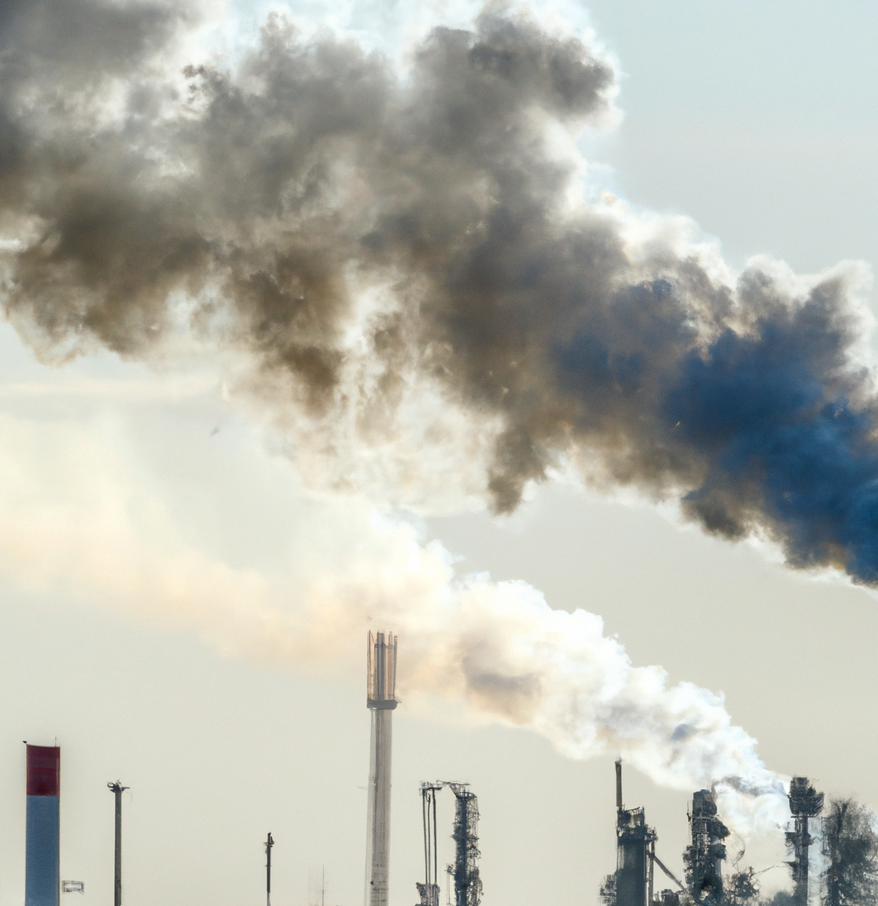A recent report sponsored by an environmental advocacy group and think tank, the International Institute for Sustainable Development, examined Carbon Capture and Storage, ‘CCS’, also called Carbon Capture Utilization and Storage, ‘CCUS’. One of the three authors, Laura Cameron, a policy advisor for the Institute (a think tank), commented:
“Carbon capture and storage is expensive, and the costs are not likely to come down in the timeframe needed to meet our climate targets.”
Those targets, of course, seek reduced carbon dioxide emissions, which climate advocates disputably regard as pollution to be reduced via a wide assortment of policies, including as discussed here CCUS.
The new research draws on available data from about thirty currently operating commercial carbon capture facilities globally, including a handful in Canada. This should not be a revelation to anyone who has been monitoring the ‘Climate Crisis’ issue closely. It costs up to hundreds of dollars per megatonne to capture and sequester carbon dioxide, ‘CO2’, from the air, a power plant, or, from any other facility that is burning coal, oil, natural gas, or other material.
Warnings have been issued for years but have not stopped the petroleum industry, and other emitters, from starting costly CCUS construction. Many oil and gas firms, and their industry associations, tout CCUS as ‘responsible’ corporate citizens – and believe CCUS gives a ‘social license’ to continue their operations. Yet, attempts to placate these advocates are unlikely to succeed.
Electric vehicles and their batteries are another Climate blind alley. They cost far more in CO2 emissions than are acknowledged by politicians and their supporters, just to make all the components and mine and refine the required critical minerals that they use. Transportation accounts for less than a quarter of emissions, and important parts – such as trucking, airplanes, and maritime shipping – cannot easily be converted to electric or other non-emitting energy sources.
Large-scale offshore wind turbines, and the power they produce, are not only unreliable and shorter-lived than expected, but also cost more to build, deploy, install, and safely dispose of after their useful life than their proponents and commercial lobby had proclaimed. Similarly, solar panels are also costly: to build, in CO2 emissions, and in environmental damage – before, during, and after manufacture and disposal – than previously conceded.
Yet another nail in the coffin of perpetual Climate Alarmism is a prominent climate researcher, Patrick T. Brown, who claims that he must elide data or analysis that contradict the climate crisis narrative for scientific journal publication and thus help him garner future research grants. His case is not solitary: the ‘Climate Apocalypse’ dominates everything it seems. The Green Transition lobby is motivated to only allow voices that keep the now-huge industry afloat.
It makes sense for greenhouse produce and cannabis growers to siphon off CO2 from nearby industrial facilities; or for cement plants to use them. That just might soothe many climate worriers. However, massive spending on CCUS, alternative energy, and extortionately priced batteries and electric vehicles, are a massive misdirection of energy-related spending.
Such largesse is better directed at low-emission natural gas and nuclear energy, assuming activists genuinely want to lower CO2 emissions, which remains an open question.
Ian Madsen is the Senior Policy Analyst at the Frontier Centre for Public Policy



